Japanese financial services company SBI Holdings has invested $20 million in OpenLegacy, a leading provider of microservice-based APIs for legacy and core systems.
In its press release, SBI said that its decision to back OpenLegacy was driven by reasons – first, OpenLegacy's long-term technology promise, and second, to accelerate its own digital transformation activities.
The financial services giant said that it will leverage OpenLegacy's technology to spearhead two key strategic efforts: building Internet banking across its growing portfolio of Japanese banks, and instituting MoneyTap, a blockchain-based payment application, in Japan and globally.
MoneyTap was launched in October 2018 by Japan Bank Consortium, a blockchain alliance led by SBI Ripple Asia – a joint venture between SBI Holdings and Ripple. The Ripple-powered payments app offers real-time settlement for domestic payments in Japan.
"OpenLegacy will enable our portfolio companies to quickly launch digital innovations, integrating, leveraging, and extending our legacy systems in a fraction of the time, all without changing the underlying systems," said Yoshitaka Kitao, SBI Holdings President & CEO.
OpenLegacy's platform is already being used by Fortune 500 companies like Citi, Liberty Mutual, FIS, and BNP Paribas-Cardif, among others. It connects directly to legacy systems, automatically generates microservice-based APIs, and deploys on-premises or in the cloud. This, in turn, helps to reduce the time, cost and risk that are usually associated with digital transformation.
The solution also enables seamless integration into existing or new DevOps pipelines because of its compatibility with modern code development practices.
"The investment opens the door to Japan, the world's second largest mainframe market. It is an important milestone in our global expansion; we're now serving the world's top clients across the United States, Europe, LATAM and Asia,” said Ron Rabinowitz, OpenLegacy's President.
Just recently, SBI announced that it will offer shareholders the option to receive Ripple’s native token, XRP, as a benefit.





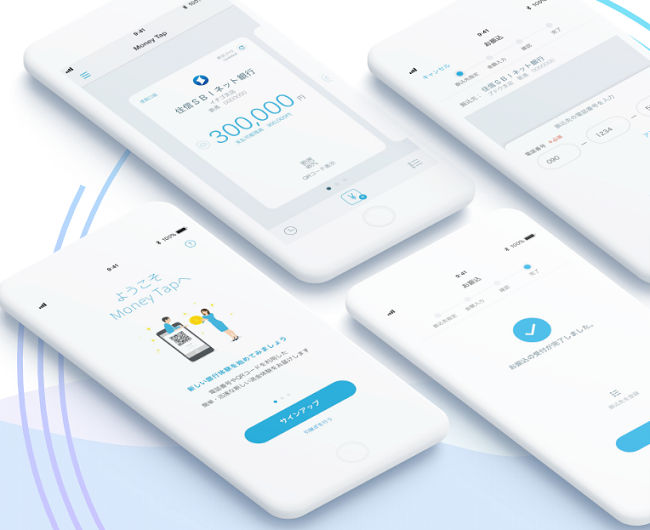

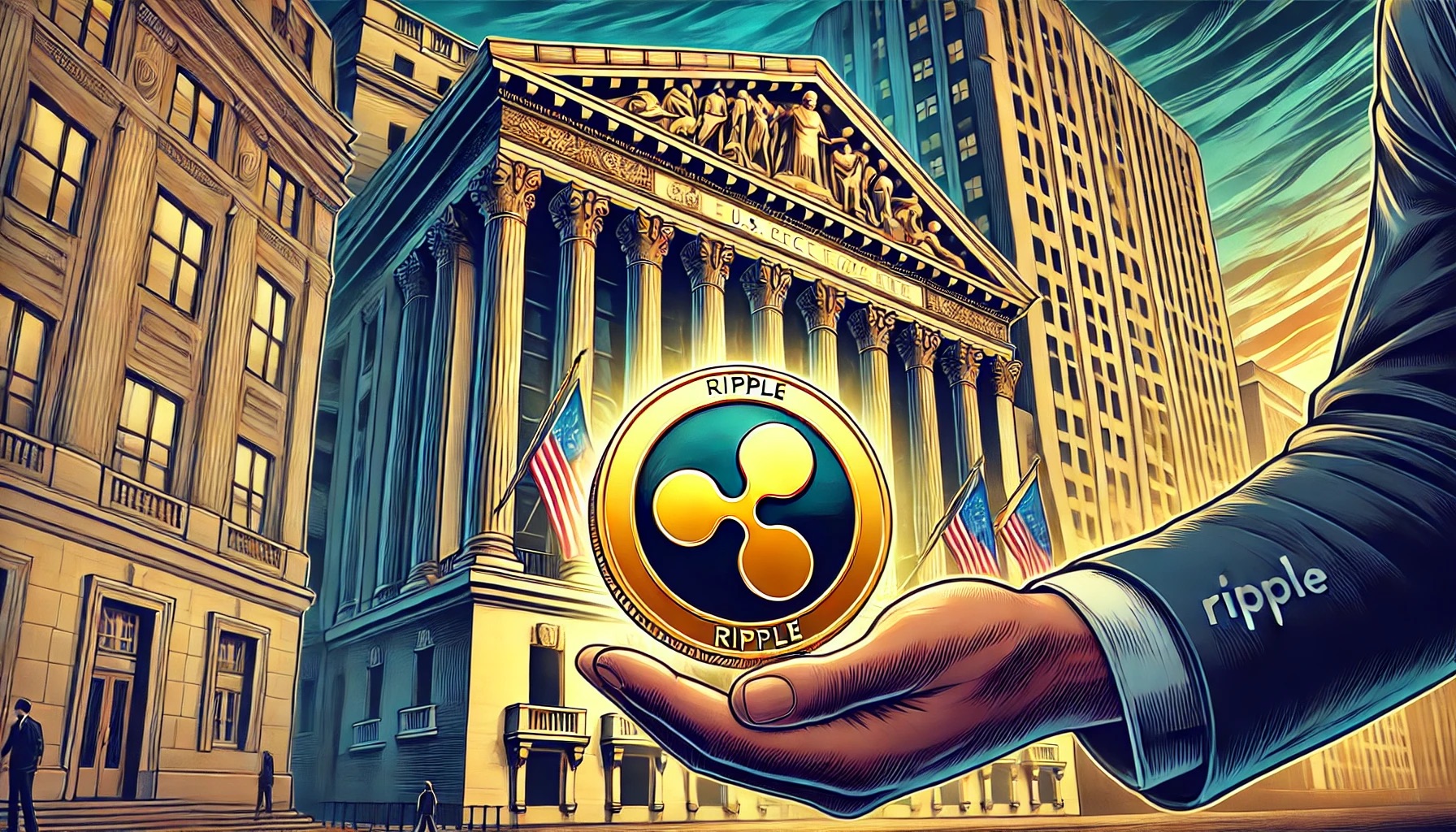

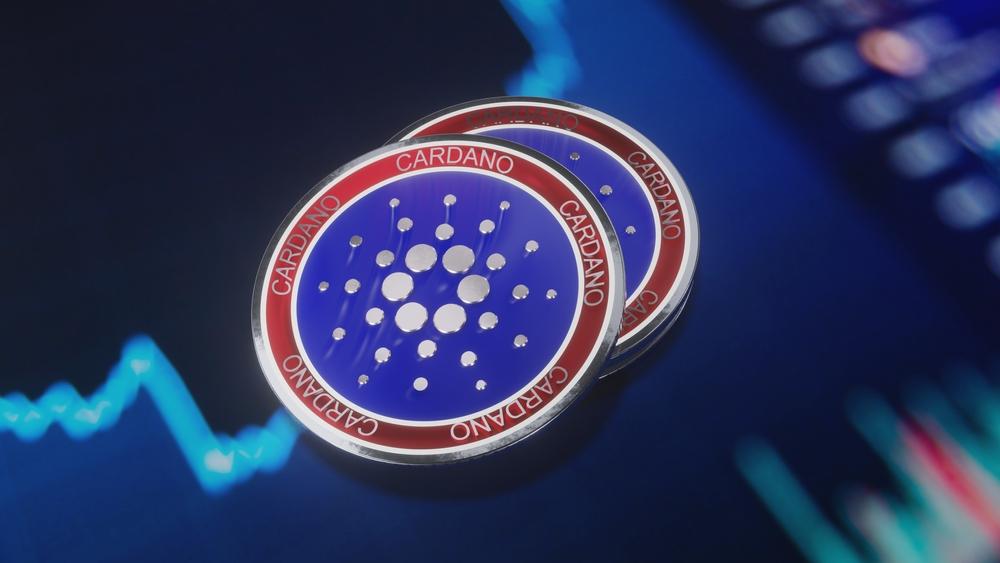
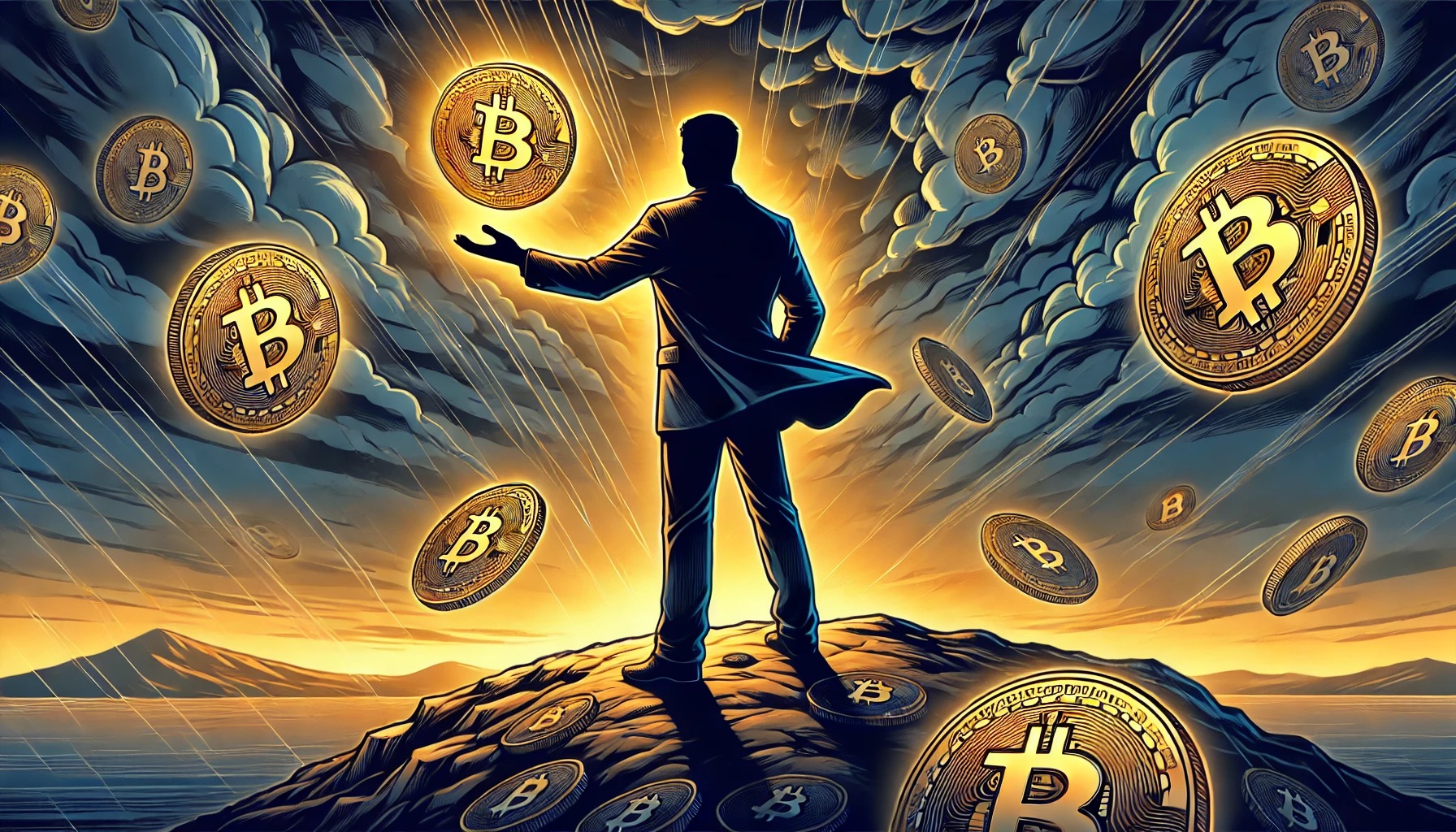
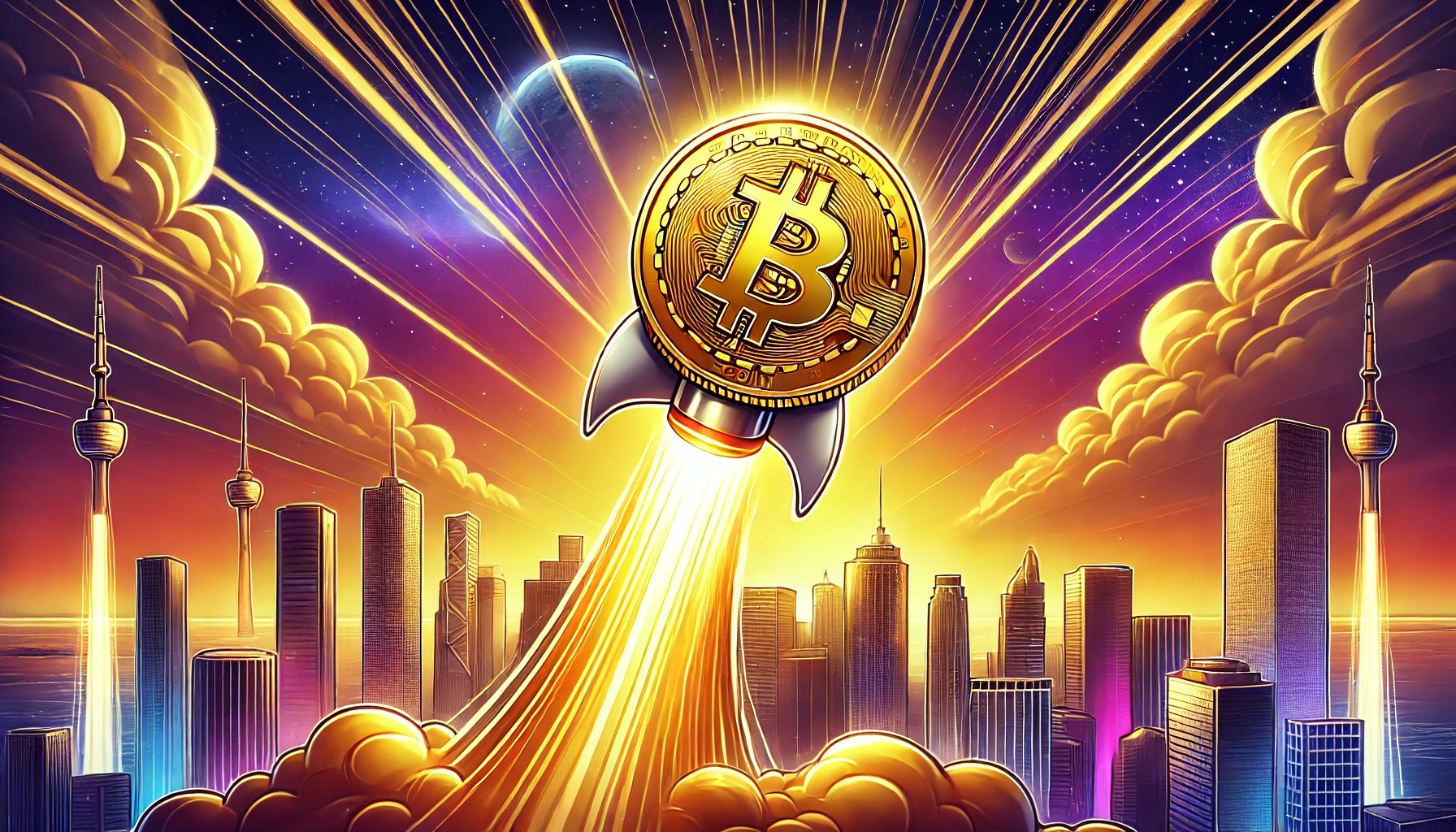


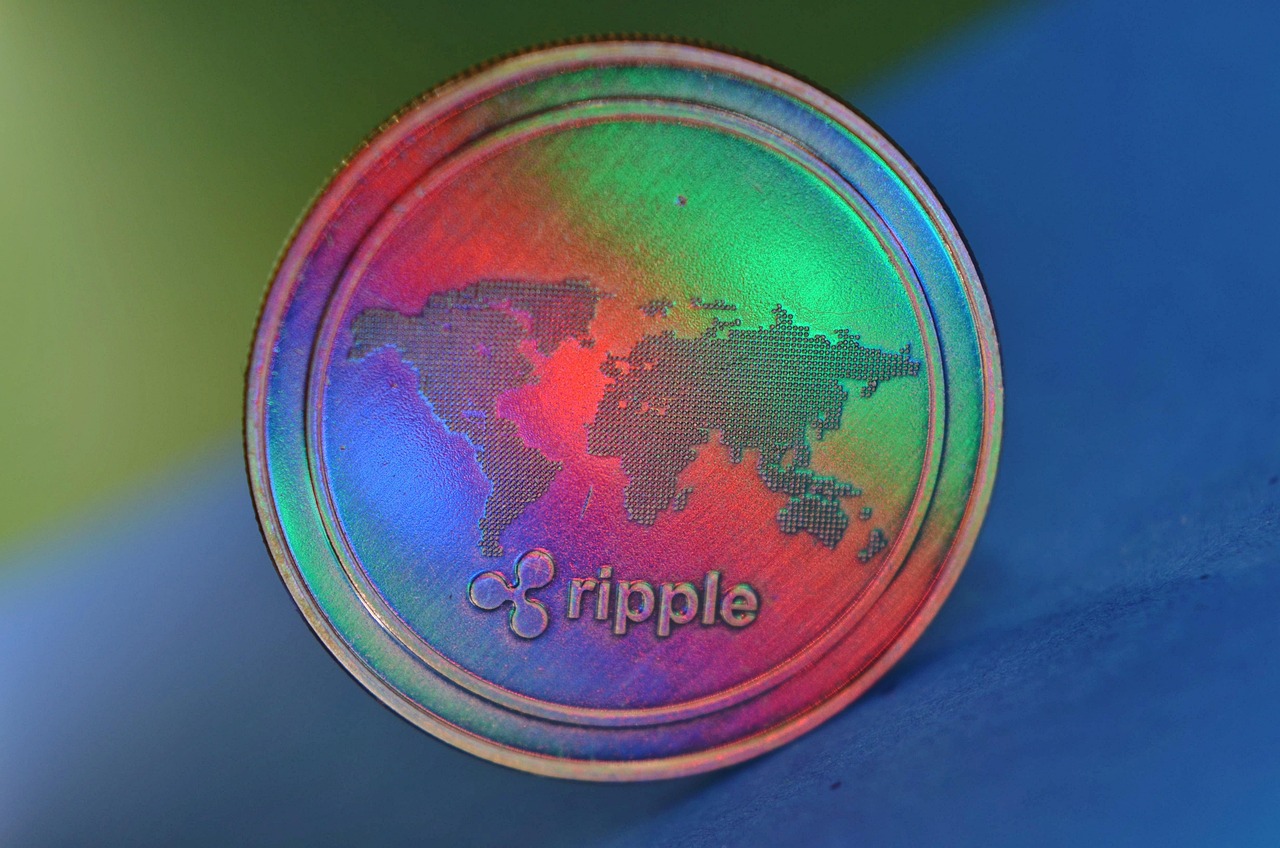

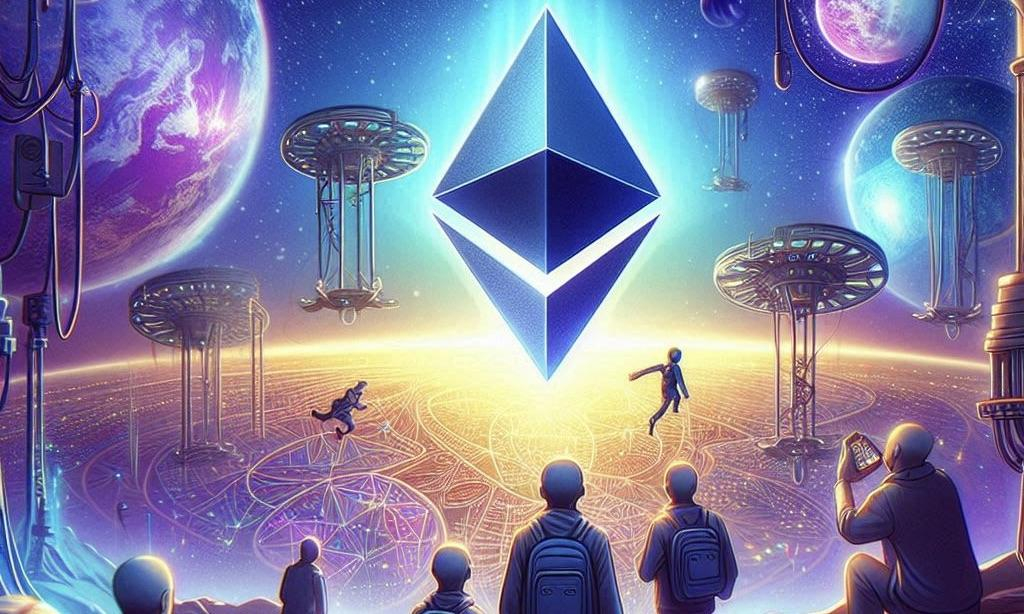




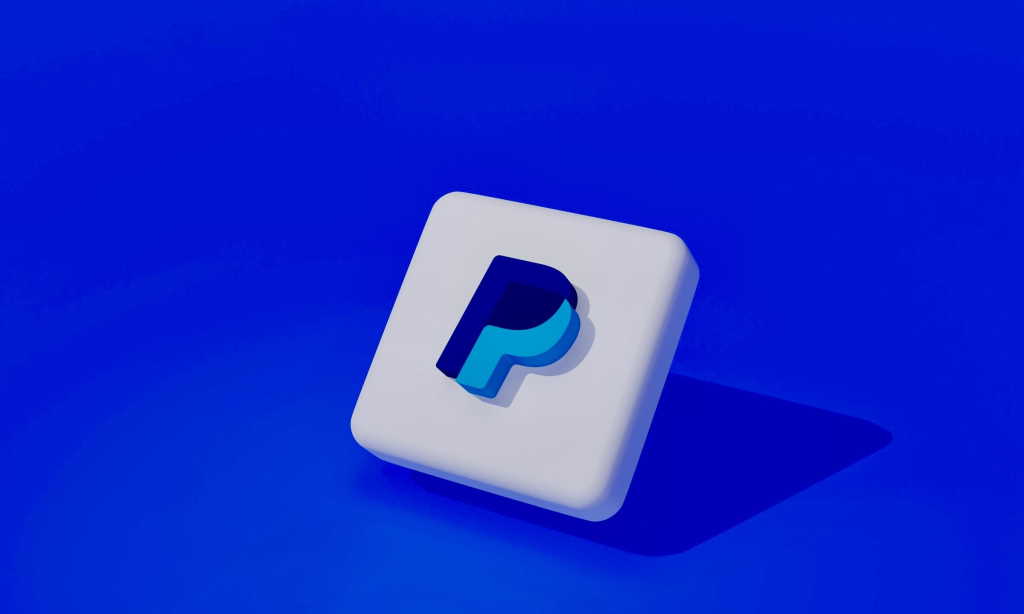

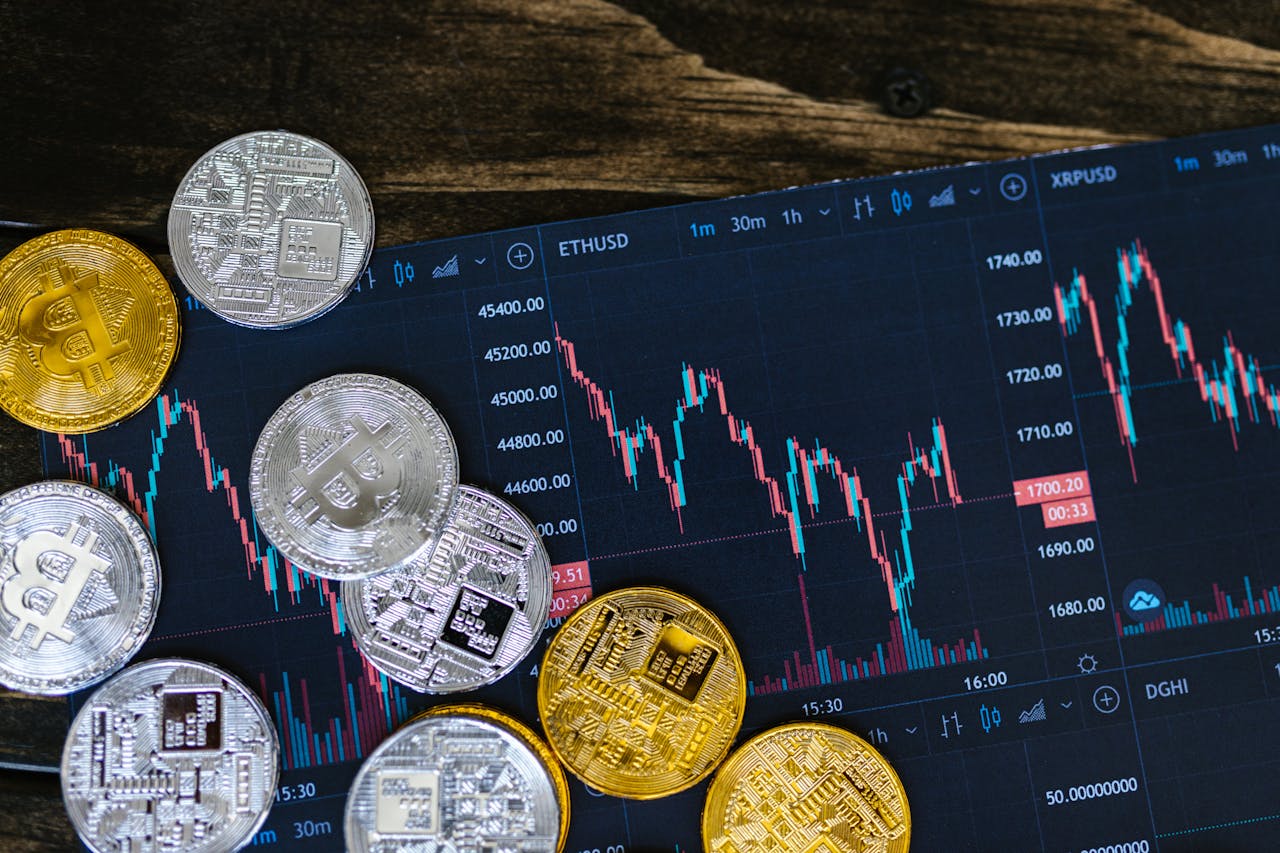
Comment 6